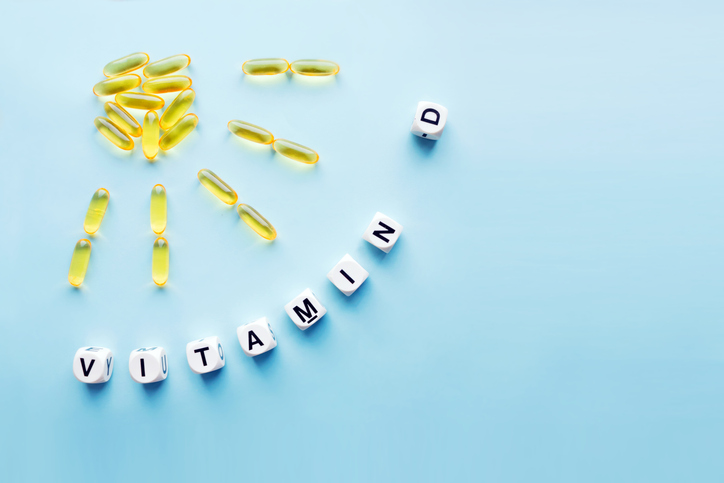Sunny Ohio- we are not. At least not this time of year. It is difficult to be one big old ray o’ sunshine when we don’t see much of it in Northeastern Ohio. Is Vitamin D deficiency more abundant in this area of the country this time of year? Read more to find out.
How do we absorb Vitamin D? Does everyone absorb it the same?
The amount of Vitamin D you can absorb has a lot to do with the time of day, the color of your skin, where you live, and the amount of exposed skin for the length of time. Closest to midday we absorb the most Vitamin D from the sun because it is no longer pointing at an angle in the sky, but the sun is lower in the sky this time of year.
Melanin, the pigment in our skin that gives it coloring protects us from sun ray exposure, which means the darker the skin, the longer you have to be in the sun to get the same amount of Vitamin D. People who reside closer to the equator will absorb the most Vitamin D. So basically Ohioans in the winter, being far from the equator and having the sun lower in the sky and pointing at an angle all day, will not absorb as much Vitamin D.
If sitting in front of a sunny window such as a cat does-does it for you, know that Vitamin D is not absorbed through windows. Darn it! Windows block the UVB-rays that we get the Vitamin D from. But it sure feels great to do so- just look how happy your cats are, as they roll around in a sunny spot on your floor warming their bodies!
Using sunscreen blocks the sun’s harmful UVB rays as well, blocking Vitamin D absorption. This essentially means you have to be in the sun longer if you wear sunscreen to absorb the Vitamin D the sun has to offer you.
You can get Vitamin D from foods and vitamins. Vitamin D-fortified milk and cereals, egg yolks, fatty fish, and orange juice. It is important for strong bones, teeth, calcium absorption, immune health, and muscle function.
Vitamin D is fat-soluble, which means it is stored in our bodies and our bodies pull from those fat stores when we are depleted of it. This is important to note, as we would not just take Vitamin D without finding out first if we are deficient in it. A simple blood test ordered by your medical provider can help determine your level.
Scientists have known that Vitamin D is important to our health and have been studying it for years, some through colleges, and universities, with rigorous research studies to ensure accuracy and unbiased results.






















